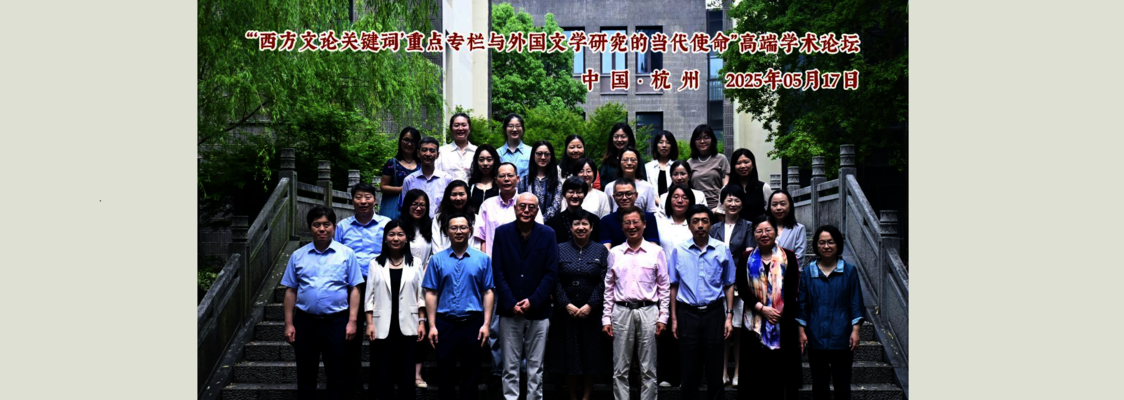- 重绘小说世界:中国当代科幻小说英译探讨
- 面向大语言模型的中国马克思主义哲学话语国际化
- 外国文学研究中的前沿与热点问题
- 新时代外国文学研究转型的四个面向
- A Pattern Language图案语言
- Going to the Well:Community and Creativity为
- 新形势下如何推进我国与加勒比国家的关系
- Travelling Memories: Entangled Histories of
- AI时代的口译教育
- Hungarian Literary History and Laszlo Kraszn
- AI时代翻译及翻译研究的出路——文化视角的反思
- 地方高校如何发挥特色优势培养区域地方高校如何
- Research Trends, Theoretical Relevance, and
- 外国文学研究的话语自觉——以非洲文学为中心
- 话语互动论中的辩证唯物主义思想
- 芥川龙之介对法国文学的接受:《马脚》再考
- 重现1921年芥川龙之介的西湖游历
- 翻译的“忠诚”:以葛浩文为例谈翻译的危机
- 悟之弥细 究之弥深:基于汉译的选题思考
- 联合国教科文组织和全球教育治理
时间:2025年10月29日(周三)9:45
地点:勤园8号楼403
主讲内容:
All readers of Swahili poetry know the verse that punctuates Shaaban Robert’s famous poem entitled “Kiswahili” published in 1960: “Titi la mama ni tamu, jingine halishi hamu” (The mother’s breast is soft, no other can bring satisfaction). By comparing the mother tongue to a nourishing udder, this image recurs like a refrain throughout the forty-three stanzas of the poem, bringing an imaginary which I would like to question from an ecolinguistic perspective. Putting language in relation to the needs of the body is a good way to defend a living space for the Kiswahili which is, at this time, not yet truly recognized as a major language on a global scale, despite the efforts of the colonial administration to make it the unifying language of East Africa. Through this famous poem, we can analyze how Kiswahili exists and develops in contact with moving bodies, in relation to environments and in permanent interaction with other languages.
主讲人简介:
Xavier Garnier is professor of African literatures at Université Sorbonne Nouvelle and Senior Member of Institut Universitaire de France (IUF). His research focuses on the evolution of narrative forms in the African novel in French, English and Kiswahili from the colonial era to the present day. He recently published a book on African ecopoetics (Karthala, 2022).







